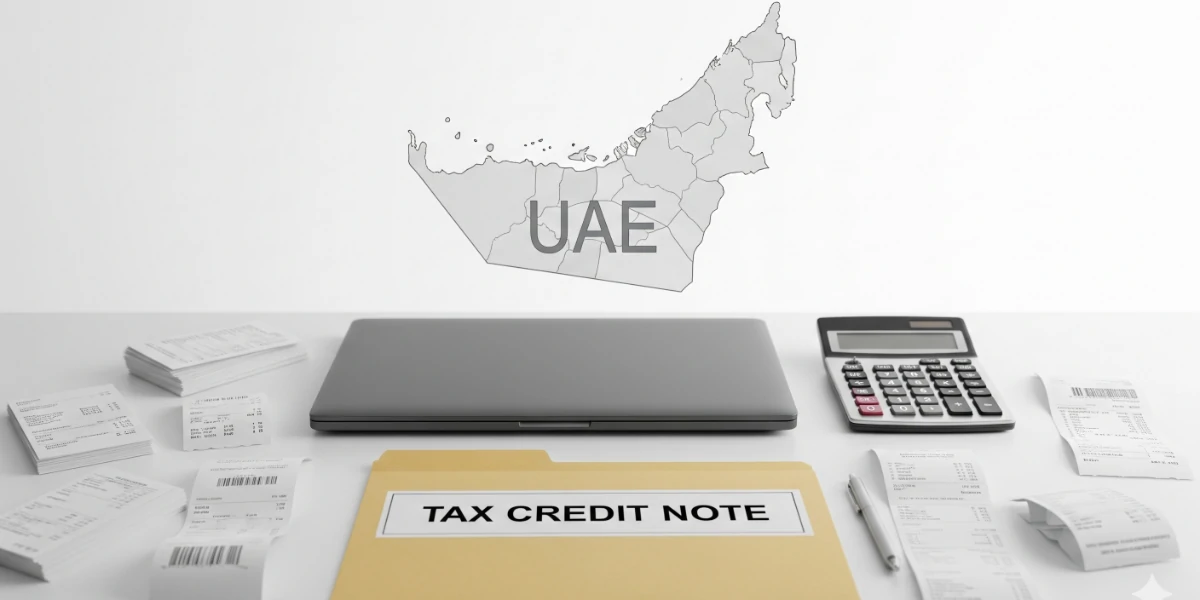Why is Planning and Testing Your Business Idea Critical Before Launch?

Live the Dream – Dubai Start-Up Advice Series by Alpha Pro Partners
Starting a business has never been easier. The internet has made the world smaller but grown opportunities for entrepreneurs of all shapes and sizes. From local mum-and-dad shops to global multinational ventures, the opportunity is just a click away. Finding the right idea is crucial and you have to be certain that you’re ready to go into business. Our recent article covered this and the questions you should ask yourself to see if you’re prepared. For those who want to start, it’s time to put things into action.
Let’s Talk About Business Plans
The prospect of starting a business conjures up a wide variety of beliefs and expectations. Some are true, some are not. When it comes to business plans, this notion that you spend months developing one is becoming an increasingly outdated way of thinking. It’s important to have a business plan, and for it to contain vital information that refers to business growth and success, but it shouldn’t be something that takes a long time to write and then sits on a shelf gathering dust.
What Goes In A Business Plan
Most business plans contain a similar structure. This is designed to give a breakdown of the reason you launched your business before going into the details of how it works from a financial, marketing, and operational perspective. If you’re starting a business plan, you should consider including these sections:
- Executive Summary
Your executive summary is a brief introduction to the business. It explains your company’s legal structure, where you’re based, what you sell, who buys it, the market opportunities, and key financial information - funding, investors, etc.
- Company Overview
This section looks at your mission statement and how the products or services you offer will contribute to achieving this. It should discuss your industry and long-term aspirations, detailing how you will provide value to the existing market;
- Products or Services
Although self-explanatory it is often the part where new business owners come unstuck. How do you explain your product or service on paper? This might outline individual products or services and how they are presented in the market;
- Staff and Operations
You should clearly define who your staff is and what they do. Within this, you should be able to neatly summarize your operational processes, supply chain management, customer relationship, inventory, etc. For many businesses, employees are extremely important for execution;
- Market Analysis
Will someone buy your product? How big is the market? There is always the risk of launching a business that doesn’t have a customer base. Your market analysis should tell you what this is and detail the competitors you will be up against.
- Marketing and Sales
Having a business idea is one thing. Telling people about it is another. Selling it is the difference between success and failure. Your marketing and sales plan will help you understand how you build awareness of products/services and grow your revenue.
- Financial Plan
Some might say this is the most important section. What does your business need to sell to be viable? This should consider any costs you will incur, sales you intend to make, staff salaries, etc. Profit, loss, and balance sheets are vital.
- SWOT Analysis
Self-reflection can be eye-opening. Your SWOT analysis (Strength, Weaknesses, Opportunities, Threats) should form a series of bullet points. Use these and turn them into actions that give you the knowledge you need to build and protect your business. The detail you choose to include is entirely your own. A business plan should contain the amount of information you need to make effective decisions while using it to compare what you thought might happen against what is happening. When writing your business plan there are lots of things you need to consider. Don’t rush the writing, but don’t spend too long on it either. You could spend 12 months doing exhaustive market research but then you’re 12 months behind where you want to be.
The Alternative: A Business Model Canvas
If you need something simpler but visual, the business model canvas is an excellent way to turn your business plan into something that helps you understand the components of your new venture. You can complete these on an A4/A3 piece of paper that helps you visually see how your business works. The different sections map on to similar themes of a typical business plan but are for those who are more creative or need a different way of presenting the information.
Test Your Idea: Fail Fast. Fail Cheap.
Nobody likes to hear the word ‘fail’ but it’s better to learn this early in business than it is too late, especially if money is at risk. Failing fast and failing cheap means testing your idea and learning what the strengths and weaknesses are as early as possible. Here are six steps you should take in the process of launching a product or service:
- Stop And Think
After you’ve come up with an idea, don’t jump right in. Take some time to stop and do other things. Come back to it and see if you still think it’s a good idea. It’s easy to get caught up in the emotion of what you think a great business could be.
- Build A Minimal Viable Product
Create what you need for the lowest price possible. If you’re able to test an idea for $1,000 instead of $10,000, do it. Would you rather lose less or more if it doesn’t have the support you thought it would?
- Ask For Friends and Family to Buy your Product
You have a great idea, but is it sellable? Ask your friends and family to buy your product rather than give it away. If they are willing to pay for the product then you can be sure others will.
- Ask For Feedback
Feedback can be hard to hear, especially if people are critical of what you’ve worked hard to create. But see it as a positive and learn from what is said - both good and bad - incorporating this into new designs and features.
- Make Changes
Don’t expect to get everything right the first time. After you’ve asked for feedback, or done additional research, make changes and go ask people for their thoughts again. Making revisions based on feedback could get your product where it needs to be.
- Web And Social
Building an online presence is easy and gives you everything you need to test your idea. Try launching a small website and doing some work on social media to see what kind of interest it generates. A small advertising budget goes a long way.
- Create A Marketing Strategy
Spend some time developing a marketing strategy that reflects how you would take your product or service out to market. Having an idea isn’t enough, you still need to do the work required to get key messages out to potential customers.
Conclusion
Don’t be put off. Writing business plans and testing ideas sounds complicated but they aren’t. They are vital ways of ensuring you enjoy the process of starting a business, growing it, and living the life you want, not the mundane 9-5. There are plenty of resources online. Facebook, YouTube, Google, Twitter, Instagram, Pinterest, etc. Whatever you need, you’ll find it somewhere. Nothing is stopping you except your imagination. Stop thinking, start doing. You’ll be happy you did.
DISCLAIMER
This article is written in general terms and therefore cannot be relied on to cover specific situations; application of the principles set out will depend upon the particular circumstances involved and we recommend that you obtain professional advice before acting or refraining from acting on any of its contents.
















.webp)
.webp)


.png)
.png)
.png)
.png)
.png)

.png)
.png)



.png)
.png)





.jpg)


.jpg)





.png)
.png)








